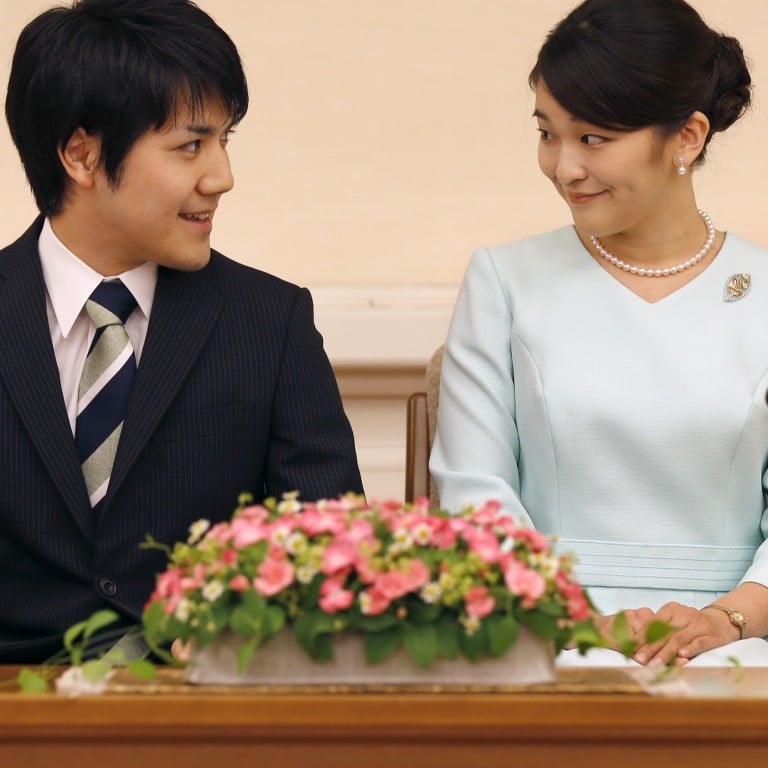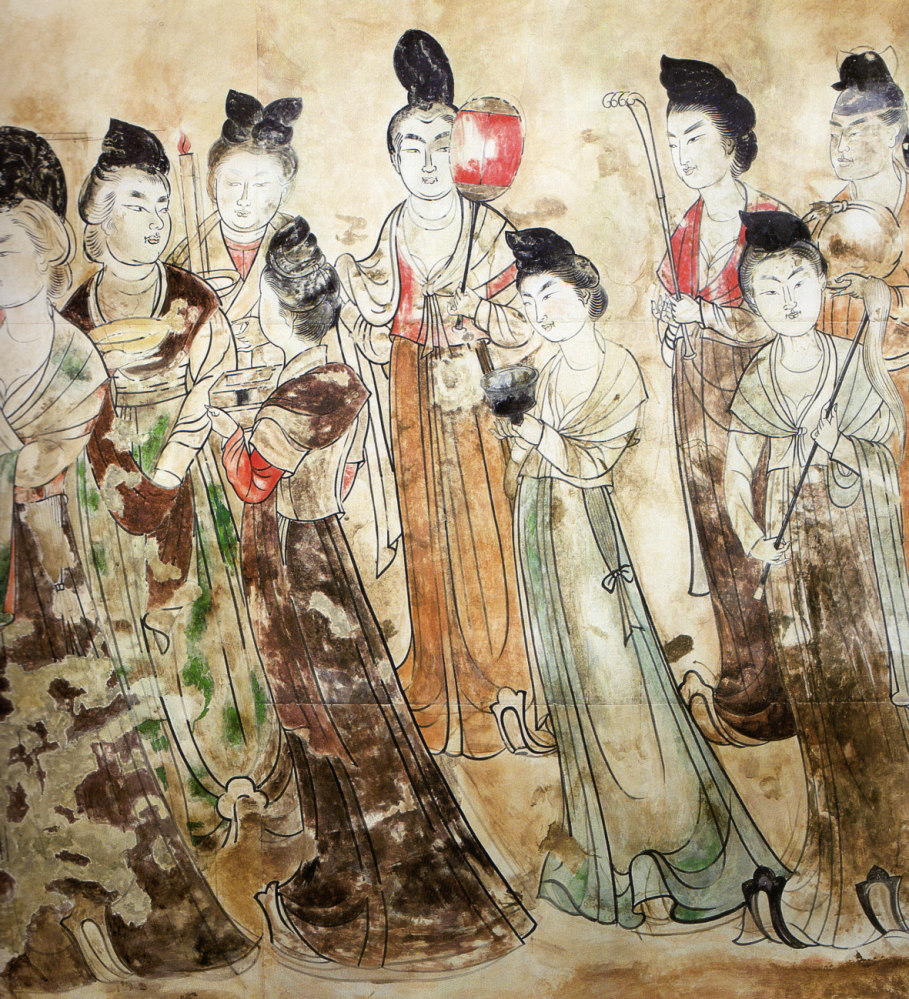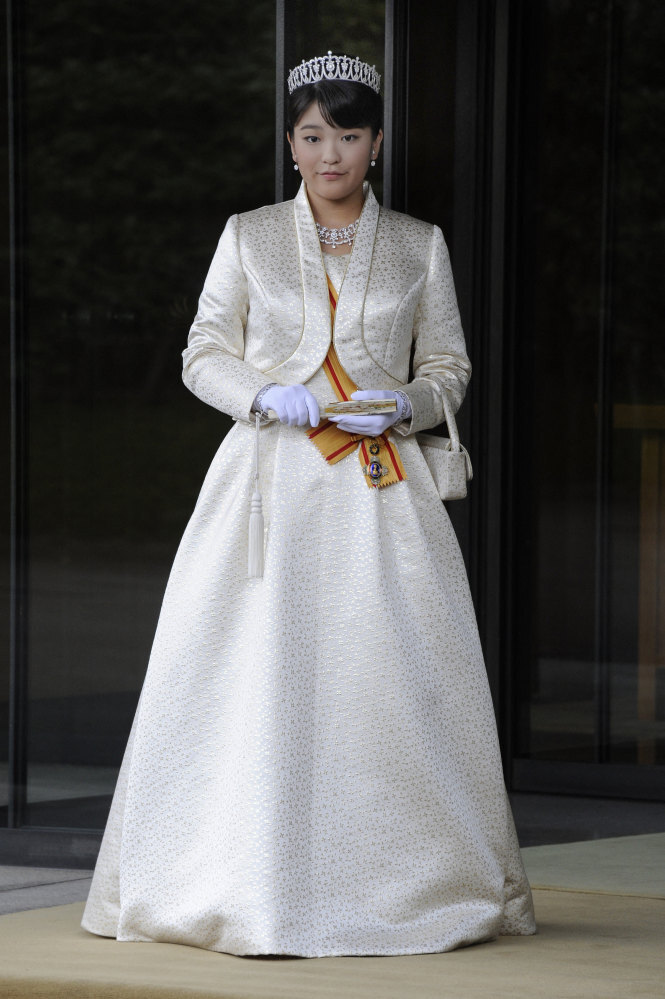
Princess Mako’s marriage to her ‘commoner’ fiancé - what Chinese history can teach us about it, from men who had to walk behind their wives to princesses who kept male harems
- Is there anything worse than being a commoner married to a princess? In ancient China, royal consorts had it tough, needing to request to see their wives
- During the Tang dynasty, many princesses publicly cuckolded their husbands by keeping harems of male lovers; only later did the tables turn
Barring any unforeseen circumstances, Japan’s Princess Mako will marry her fiancé Kei Komuro later this month. The princess is the eldest daughter of Crown Prince Akishino, the younger brother of the emperor.
It is something that many people can only dream of, but if we really think about it, is there anything worse for a non-royal man or woman than being wedded to royalty? Apart from the constant media intrusion, their royal in-laws, as well as their supercilious hangers-on, would be a nightmare.
It is therefore understandable that the couple have said they would live in the United States after their marriage.

The fortunes, and tribulations, of fuma varied according to the period. During the Eastern Han dynasty (25–220), princesses and their consorts lived apart in separate residences. The latter had to make an official request should he wish to meet his wife.
Unlike today’s princesses, those in imperial China rarely made headlines
In the Northern and Southern Dynasties period (420–589), fuma in the Chinese regimes south of the Yangtze River could only visit their spouses in the evenings, and they had to walk behind their imperial wives at all times to preserve the dignity, however undeserved, of the imperial house.
The Tang dynasty (618–907) was a time when Chinese women enjoyed unparalleled freedom and status. A few princesses of the period, especially in the first half of the dynasty, wielded enormous political power, to the extent of orchestrating the dethronement and even murder of emperors.
Many princesses publicly cuckolded their husbands by keeping harems of male lovers, but their consorts would seldom dare to even take a concubine.

Chinese women, and princesses, from the Song period (960–1279) onwards practically became the property of their husband and his family, in line with neo-Confucian social mores. Consequently, fuma became much less deferential to their wives.
They had no qualms about taking on multiple concubines, often with tacit approval from their imperial fathers-in-law.

There were foreign fuma throughout history, when Chinese princesses were married off to foreign rulers to bring peace to China’s frontiers. However, most of these women were low-ranking imperial kinswomen with a tenuous connection with the sitting emperor, maybe a cousin many times removed, who were hastily given a grand title, and then palmed off to “barbarian” rulers who supposedly didn’t know the difference.
At least these fuma didn’t have to deal with their Chinese imperial in-laws on a regular basis.
Mako-sama and her beau will simply be Mr and Mrs Komuro in the US. Some will see this as a downgrade in status. But if the sheer number of troubled royal marriages in recent decades around the world is anything to go by, it may be the wisest move the young couple will make.

